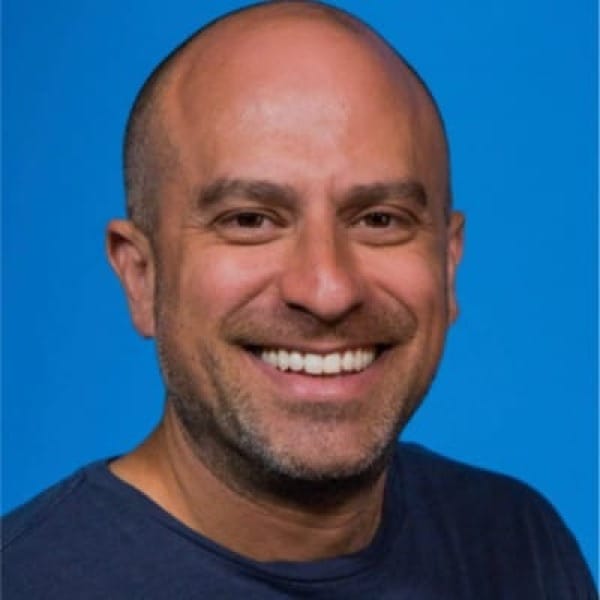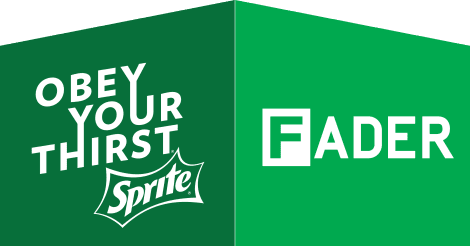In Conversation with: Andy Cohn

I had the pleasure of reconnecting with Andy Cohn, who is co-founder and CEO of Shadrach, a music-focused boutique consultancy. He also served as president and publisher of The Fader, during a time period when it pioneered many live music/brand activations like the Fader Fort and long-term relationships with Sprite, Vitamin Water, and others.
Andy and I caught up recently about the state of music, brand deals, and, of course, live music.
On the state of music
Cohn found it heartening that independent music either eclipsed or is close to eclipsing the market share of the major labels, though, conceding, it's often hard to tell whether any one label is actually owned by a larger property. It demonstrates that small labels are thriving even in challenging environments. But the reality is that artists are not making much at all from their streams, save for the privileged few.
On music media
Most music media is dying a slow death, if it has not already died. Cause of death: streaming + social media. Today's young consumers latch onto individual tastemakers like Lyrical Lemonade or Anthony Fantano, rather than subscribe to the collective perspective of a publication.
Of course, influencers have always been a part of the scene. The Fader was early to this when they brought DJ and blogger (and now record label owner) Nick Catchdubs onto their team when he was on the ascendency.
With streaming, the economics of music criticism - especially album reviews - depreciates. Many feel there is no need to read a review of an album when it's available to stream for free* immediately.
The Fader studiously avoided doing reviews, choosing to be a champion of acts and music versus a publication that felt it had to put a critical stamp on every artist.
With the glut of music now produced daily, there's still some value in unearthing gems with less than 10,000 streams on Spotify. But one does question the logic of Pitchfork reviewing Taylor Swift in the year of our Lord 2024, when it's unlikely to impact anyone's decision on whether or not to listen to her music.
He cited Complex as a good example of a media property that has successfully diversified - mostly because it leaned hard into culture and tapped into alternative revenue streams like live shopping. It also created First We Feast, which created Hot Ones.
On the brand-live music connection
This is an area Cohn has an incredible amount of experience. The Fader pioneered many things that seem routine now. The Fader was a huge partner of the iconic Sprite "Obey Your Thirst" campaign which put lyrics from 2Pac, Nas, J. Cole, Drake, and others on cans.

And Vitamin's Boring to Brilliant campaign when they held events where Solange played in a laundromat, Travi$ Scott held court in a bank, and Big Boi and Future rocked a library.

Cohn says fewer artists are doing brand deals than one would think. At the same time, there's less pushback on doing them - less concern with "selling out," given the precarious business of actually selling music.
Right now, Cohn says, revenue for artists comes from touring + merch + brand deals. So, for bands to make a living, they often have to hit the road and take advantage of other opportunities as they arise. Only a select few can live off the revenue from their recorded music.
On live music
Cohn thinks there's a simple reason why, in Indio, Stagecoach Festival sold out six months in advance, and Coachella saw a big slump. People are exposed to such much more music all of the time - it's not as big of a draw to go for three days and listen to 30 genres put in a blender. I remarked to Cohn that the Venn Diagram of people who were super interested in seeing Lana Del Rey, Tyler the Creator, and No Doubt seemed small to me. It seems Coachella is a relic of a time when people would travel to experience a shocking diversity of music.
"Nowadays, people are looking for more specificity," Cohn said. Of course, the goal is to draw the biggest audience possible, but trying to please everyone pleases no one. Festivals may struggle if they don't focus on developing bills that identify an audience of a particular genre and delivers what they want, as opposed to trying to use a diversified spate of acts to draw the biggest audience possible.


